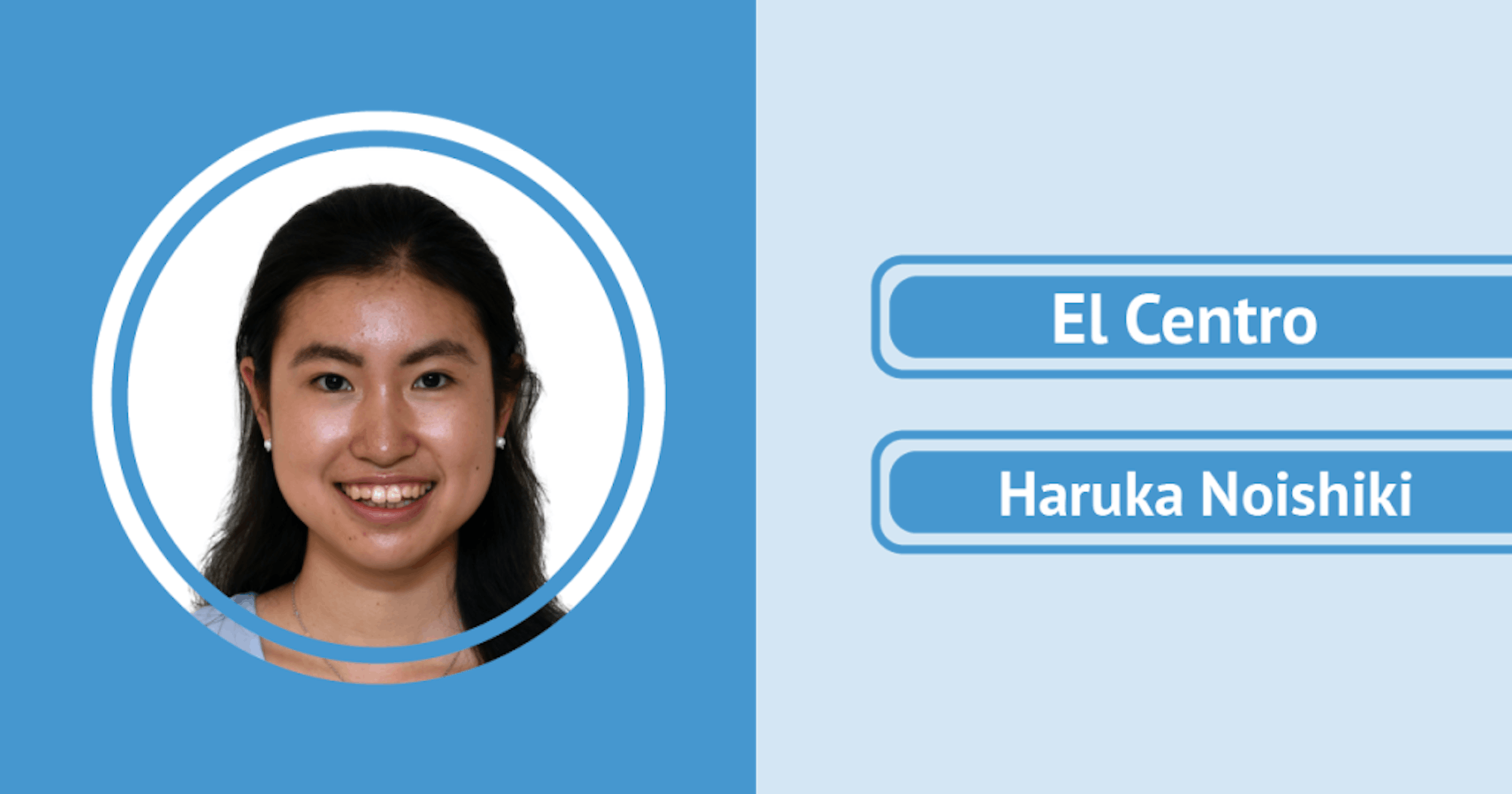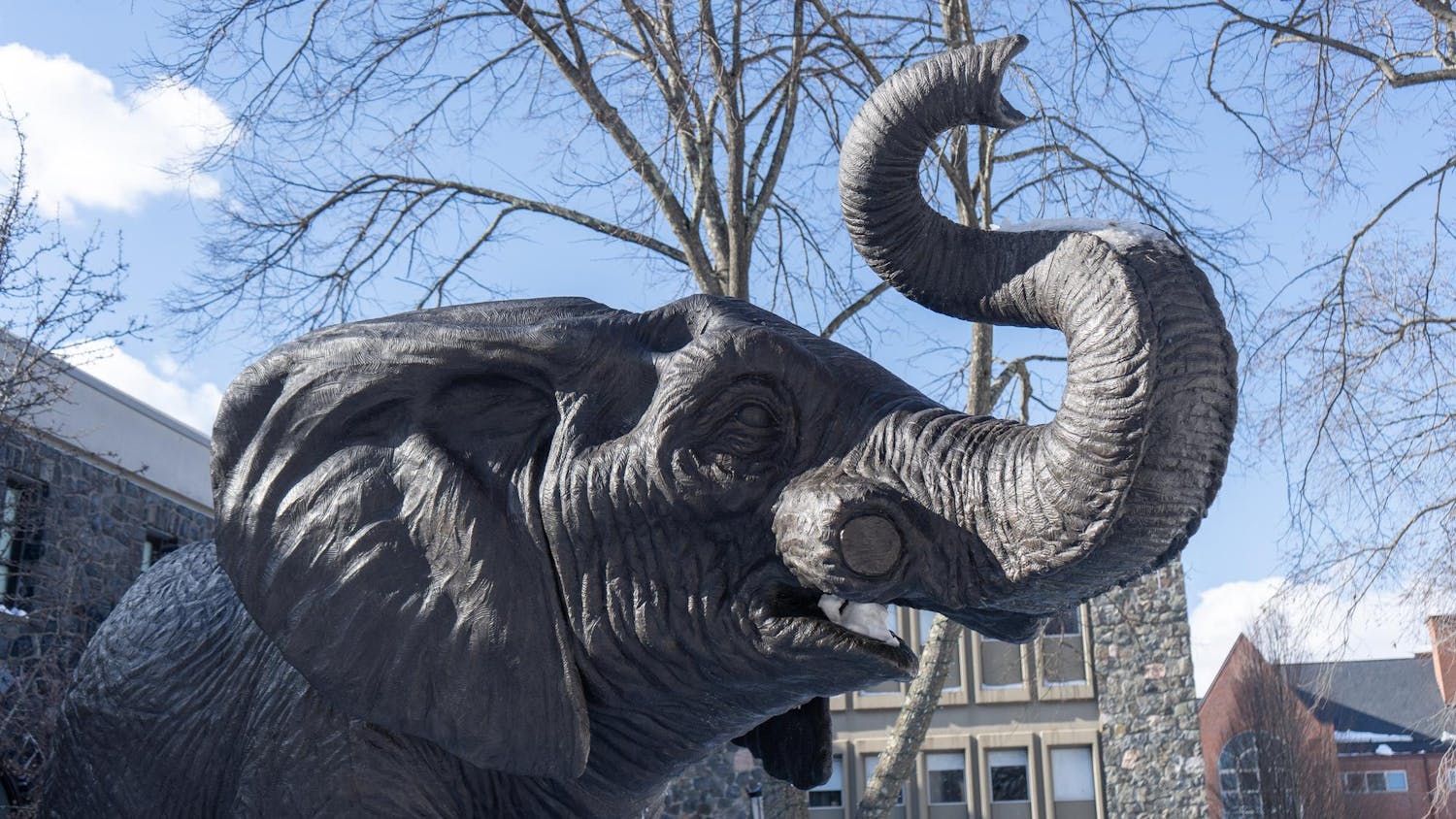At Tufts, we call ourselves quirky. We say that we're striving for equality and for inclusion. We say we want diversity. But who really is this "we"? Who is included in this narrative? In one of my seminar courses, I sit in the same seat every class. I won’t say that there is no shuffling, but most people find their usual seats every time. I know that we will start the course by complaining about certain desk structures and certain institutional dysfunctions, and I know that we will discuss matters with which the group feels comfortable.
I often find myself in echo chambers at Tufts. Not only are we full of echo chambers, but it feels as though often those preaching inclusivity and diversity are the ones who shun opposing or differing points of view the most. I understand this rationale all too well; if you believe that you represent the truth, why shouldn’t you propagate your ideologies to those who don’t understand?
In seeking spaces filled with those who share our views, we find comfort and ease, yet that seems to run in stark contrast to the basic ideology of inclusion and diversity. It’s problematic that people of different views do not have a chance to bring those views to the table and build a new worldview out of what they have shaped together. I have heard from people of faith or of certain political views that they won’t dare share their views in most settings at Tufts. We cannot call ourselves open to diversity if there are people who feel shunned when they have views that deviate from the main narrative.
A quick Wikipedia search reminded me of this famous quote, commonly attributed to Voltaire though originally coined by Evelyn Beatrice Hall: “I disapprove of what you say, but I will defend to the death your right to say it." I think it’s exactly what those who speak to inclusivity try to stand for and often fail to truly represent.
The groups that are more single-minded may not be my own echo chambers; they may not mirror my ideologies and beliefs. Still, I often find myself stuck in spaces that offer a limited bandwidth of thought. I struggle to find arenas that allow for a true diversity of thought, for a little room for exploration. If there are agorae that allow for a mix of views, they feel like mere collision facilitators — places where opinions can clash, but nothing more. In seeking a space that allows for such a fusion, I have found few with true freedom and equality in people's appreciation of views.
Of course, the pursuit of true inclusivity should not come at the cost of respect. It is never acceptable to hail some belief, symbol or ideology that propagates hate or that invokes a deep and fundamental sense of hurt in anyone. However, I am ready to, instead of debating with closed ears, listen to people with differing opinions in order to understand where their points of views come from.
El Centro: Over tea, not fire






